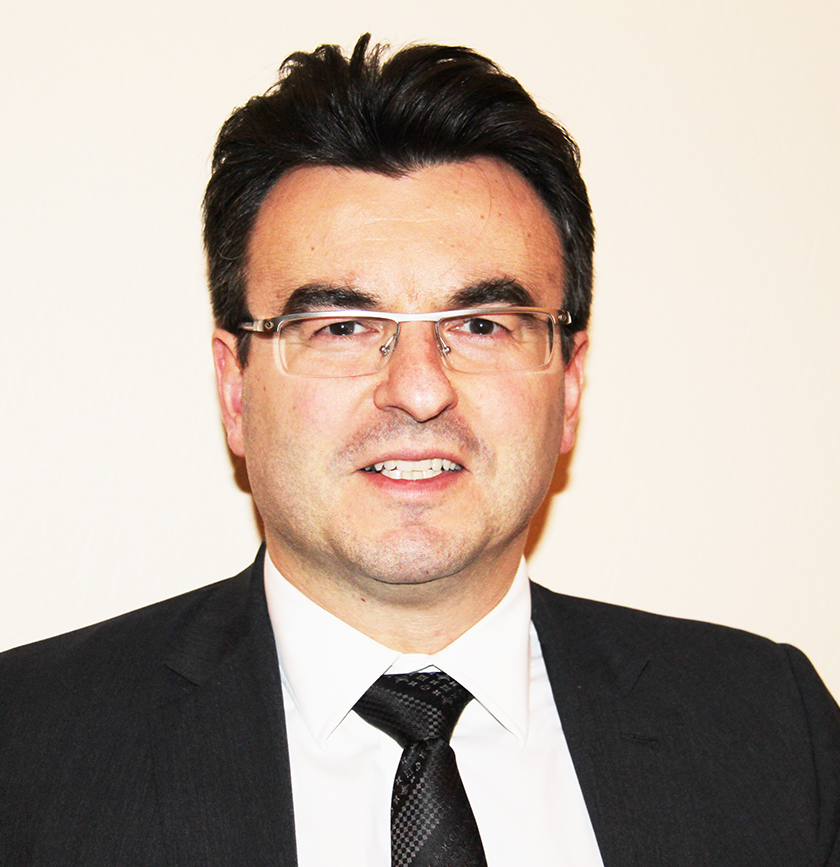Our vision
Our mission for an unmet medical need
Our vaccines uniqueness outperforms any existing cancer treatment methods
Supported by major Health institutions (Dana Farber Harvard, University of Southern California,…)
- A non intrusive treatment for patients (out-patient status)
- Easy administration (intra-dermal administration performed by a physician)
- Perceptible cancer cell destruction after a minimum of 2 weeks
- Survival expectancy increased, and in a number of cases, total remission has been observed
- Cost efficient production costs and facilities
- First in class solution
- Patented vaccines
Supported by major Health institutions (Dana Farber Harvard, University of Southern California,…)
Therapeutic approach – ERC’s competitive advantage
Since 2012, this innovative therapeutic treatment is confirmed through the compassionate use of a certain number of patients and notably in the US upon the relative FDA Phase I approvals. These developments increased the interest towards compassionate use in several institutions and hospitals in Europe, USA, South Africa, and Australia whereas ERC with the local collaborators currently conduct all the necessary preparatory work for the respective market authorisations.
Recent progress in immunology has made it possible to stimulate lymphocytes to identify and selectively target tumour cells expressing tumour associated antigens (TAA). The field of cancer immunotherapy has become highly active recently with a number of companies developing cancer vaccines based on dendritic cell protocols, where a person’s own extracted immune cells are primed in a test tube with purified tumour antigens or patient’s own tumour cells. These approaches have had limited success; for example, Dendreon’s dendritic cell vaccine, Provenge®, received US marketing approval after demonstrating a 4-month increase in the survival for prostate cancer patients.
Recent progress in immunology has made it possible to stimulate lymphocytes to identify and selectively target tumour cells expressing tumour associated antigens (TAA). The field of cancer immunotherapy has become highly active recently with a number of companies developing cancer vaccines based on dendritic cell protocols, where a person’s own extracted immune cells are primed in a test tube with purified tumour antigens or patient’s own tumour cells. These approaches have had limited success; for example, Dendreon’s dendritic cell vaccine, Provenge®, received US marketing approval after demonstrating a 4-month increase in the survival for prostate cancer patients.



